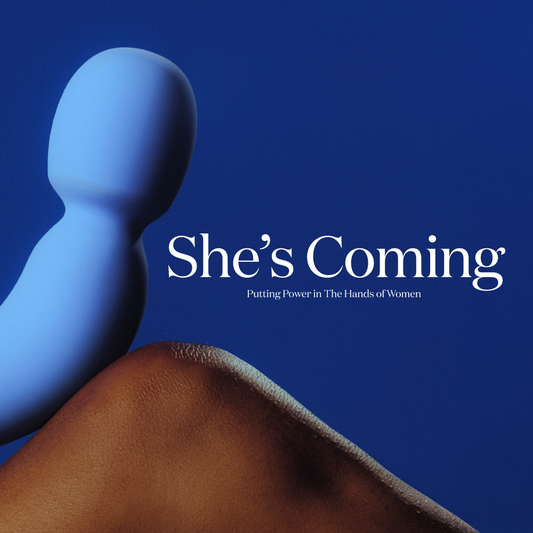“Interlocking Systems of Discrimination”
Dr. H. “Herukhuti” Sharif Williams is a sexologist, sex educator, playwright, author, and bisexual activist. He says there needs to be a nuanced discussion about bi+ people and sexual health because bisexual people of color are at a higher risk of contracting HIV. “There’s research that suggest that Black, indigenous, and people of color make up a significant amount of the bisexual population,” he told me, “and so people are dealing with the interlocking systems of discrimination, prejudice, and oppression that exist in the society.” Dr. Herukhuti says that biphobia often stems from racism and white supremacy. “I would argue that one of the reasons why sexual fluidity is a lot less accepted and tolerated in society is because of so many Black, indigenous, and people of color are sexually fluid, as opposed to being just heterosexual or just gay and lesbian,” he told me. “Society is pushing back against ways of being that come out of the cultural communities and cultural context of Black, indigenous and other people of color.”Studies show that bi+ people are less likely to be open about their sexual orientation than gays and lesbians to their healthcare providers, due to biphobia.Dr. Lauren B. Beach, a research assistant professor at Northwestern Institute for Sexual and Gender Minority Health and Wellbeing, agrees that intersecting forms of oppression create great sexual health disparities for bi+ people. “Bisexual populations disproportionately are impacted by poverty and violence,” she told me recently over the phone, “and that violence includes sexual assault,” which puts bi+ people at a higher risk of contracting STIs.
“A Perfect Impasse”
Studies show that bi+ people are less likely to be open about their sexual orientation than gays and lesbians—even to their healthcare providers—due to this biphobia. Dr. Herukhuti says that people often assume they know a bisexual person’s orientation based on their gender expression or their current relationship. “That assumption,” he says, “negatively impacts the mental health of the bisexual person.” Another reason why bi+ people are less likely to disclose their sexuality to their healthcare providers, according to Dr. Beach, is because the providers don’t know how to ask the right questions. Not only do they often not ask about identity, Beech told me, “they may not ask about behavior, or they may not go into what they’re doing with different body parts, which really matters when you’re thinking about STI risk.” Healthcare providers also often feel like patients should tell them about their sexuality first, while patients think the opposite, so it creates what Dr. Beach calls “a perfect impasse” where nothing progresses. “You really need to build a trusting relationship,” she told me, “and I just think it’s harder to build a trusting relationship when people don’t even understand what bisexuality is.”"I’d recommend providers look at bi-specific community symbols to figure out how to communicate safety.”Dr. Herukhuti told me countless bi+ people have shared stories with him about experiencing biphobia in the medical field, from healthcare providers to therapists. “They prolong going to see a provider because they’re trying to gear up for the inevitable biphobia that they will experience, or they're trying to avoid the biphobia that they experience.”





















































